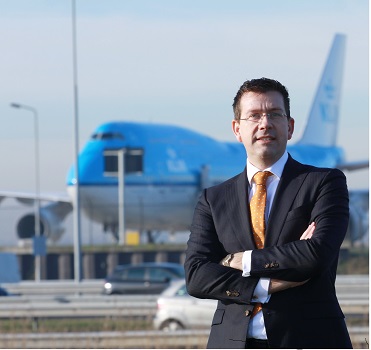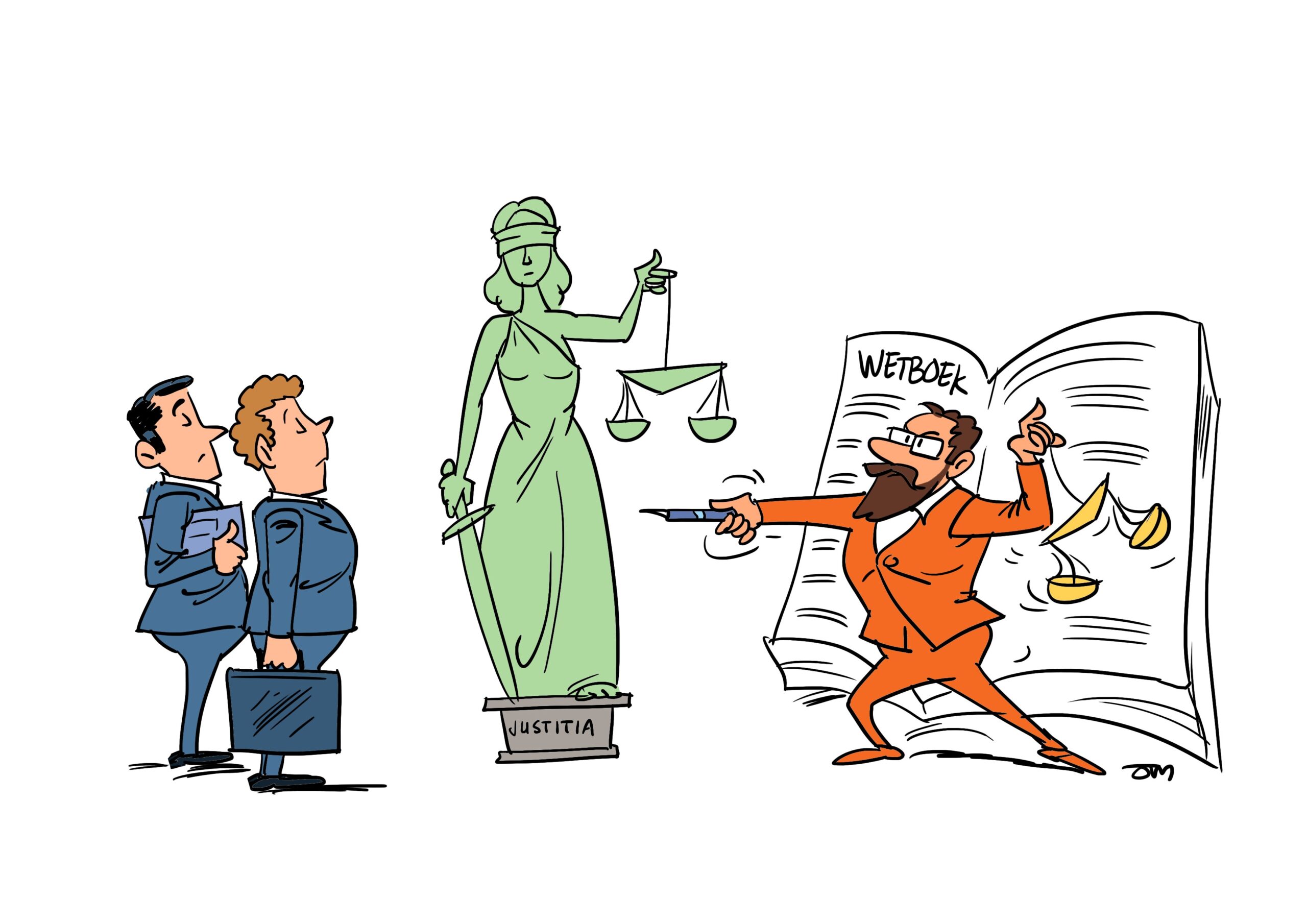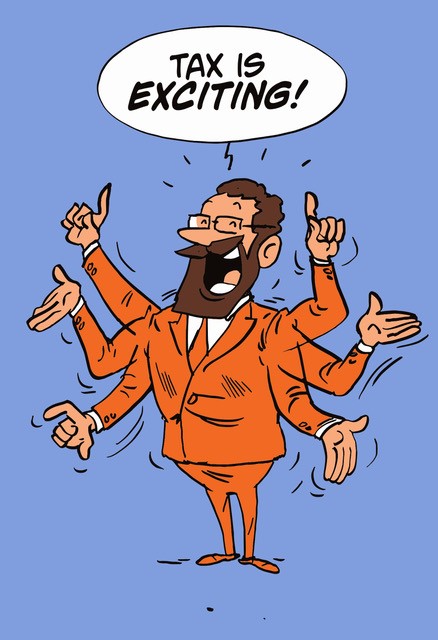Pilots fly all over the world, which can make it complex to tax their income. Therefore tax treaties have made rules where the income of the pilot is taxed. Taxation related to pilots turns out to be inconsequent in Europe already. And in Europe we are so proud we have mutual tax agreement with each country.
The basic rule is that you pay tax in the country where you work. At the same time this employee is subject to tax on his world wide income in the country where he is living and has his tax residence. That implies working in one country and living in the other country a person might result in being taxed twice.
To prevent a person being taxed twice, double taxation rules have been invented. That said, a double taxation relief does not always fully match the actual tax levied. In the Netherlands tax consists of both tax and social premiums and there does not exist a double social premium treaty between countries. There is a solution for social premiums in a so called A1 statement, but cannot always be applied.
Dutch pilot working in France for UK company
A recent court case was about a Dutch pilot that flies for a British airliner. This airliner has its actual base in the United Kingdom. The pilot worked in the United Kingdom, but was in 2009 transferred to an airport in France.
Article 15 of the tax treaties determines for pilots that taxation related to pilots are due in the country where the employer has its base. However the tax treaty with France is slightly different. In that treaty the income of a pilot is taxed in the country where he has his fiscal residence. Hence the Dutch high court ruled that the income earned was subject to tax in the country where the pilot was living, being the Netherlands.
Different country, different rules
The same situation of a pilot living in one country and working for an airline company in another country, is treated in some EU countries differently.
In Belgium the income of a pilot is taxed in Belgium if the airline company has its actual base of the company in Belgium. With Germany the Netherlands recently updated the tax treaty where the income of a pilot is taxed in Germany, when the Airline company has its actual base in Germany.
In other countries, such as the United Kingdom the income of a pilot is taxed in the country where the pilot is having his fiscal residence. So is the case with France.

Taxation related to pilots
Pilots have the advantage that they can jump on a plane and start their work. That makes it possible for pilots to evade their taxable salary to a low taxed country. Some say that the Netherlands with the 52% maximum tax rate is too expensive. That are the pilots without the 30% ruling. Those prefer to pay the Malta rate or even the United Kingdom tax rate.
This is possible for the tax part of the income, not for the social premium part of the income. The amount of social premiums due is maximum EUR 9.490. The balance of the wage tax is actual income tax, that can be deferred when the pilot moves his fiscal residence abroad. Please note, if the wife stays behind, no fiscal residence has moved.
Orange Tax Services
We have substantial experience in both applying for the 30% ruling and if no 30% ruling is applicable anymore, moving the tax burden for pilots abroad. Both services are done at a fixed fee. Feel free to inquire about our services.




